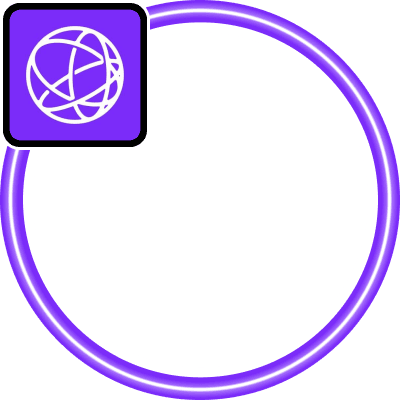Introduction
Zero-Knowledge Proofs (ZKPs) are a foundational concept in cryptography, allowing one party (the prover) to prove to another party (the verifier) that a given statement is true without revealing any information beyond the validity of the statement itself. This cryptographic method enhances privacy and security in various applications, particularly in the blockchain and financial sectors.
Principles of Zero-Knowledge Proofs
ZKPs operate based on three fundamental principles:
- Completeness: If the statement is true, an honest prover can convince an honest verifier of this fact.
- Soundness: If the statement is false, no dishonest prover can convince the honest verifier that it is true, except with a very small probability.
- Zero-Knowledge: If the statement is true, the verifier learns nothing other than the fact that the statement is true; no additional information is revealed.
These principles ensure that ZKPs maintain the confidentiality and integrity of the information being proved.





